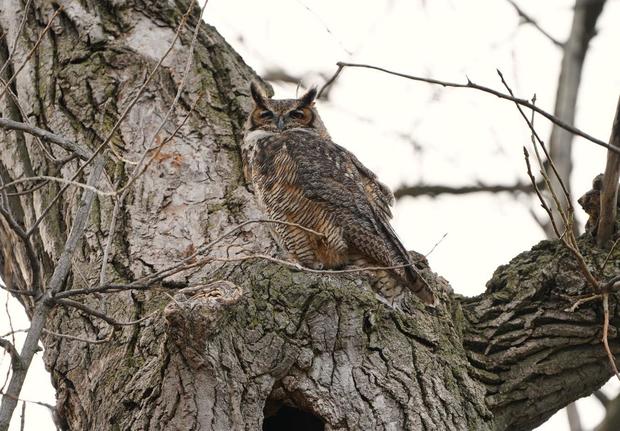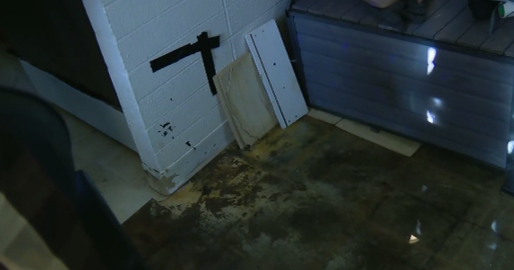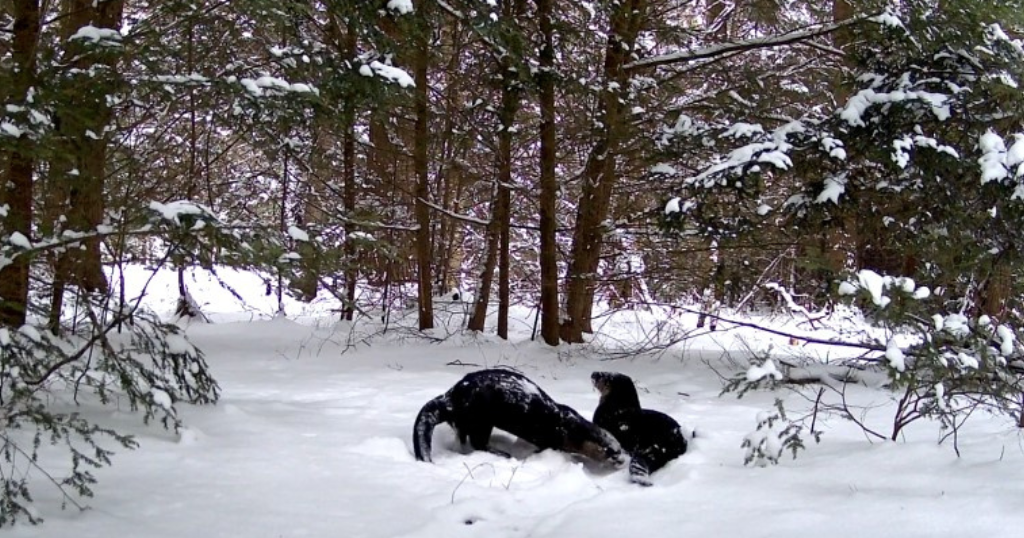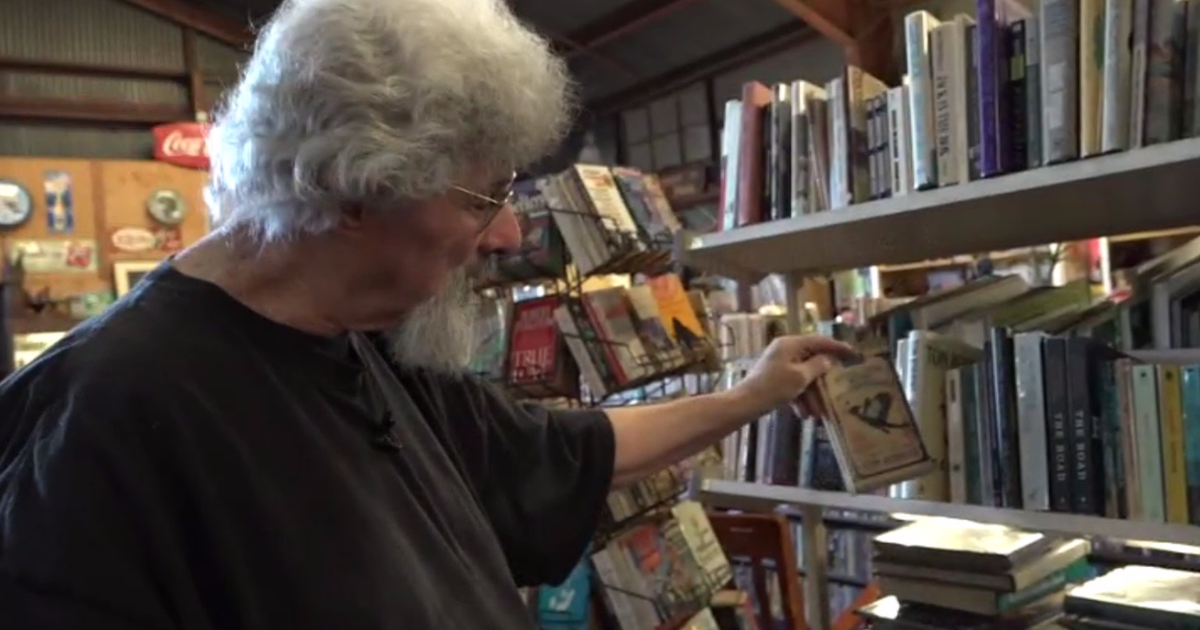Test results released in death of Chicago's beloved Lincoln Park owls
CHICAGO (CBS) — A newly released report provided insight into the sudden loss of a family of owls who gained attention on Chicago's North Side.
In March, local bird watchers and Lincoln Park neighbors fell in love with the great horned owls, known by some as the "rockstars of the neighborhood."
The Head Veterinarian at the DuPage Wildlife Conservation Center found that rodenticide toxicosis was the cause of death for all three owls.
"Rodenticide" is more commonly known as "rat poisoning."
The Chicago Bird Alliance shared the news in a release, saying it was sad but not unexpected.
Matt Igleski, Executive Director of the alliance, said that the birds were found bleeding from the mouth, which is a typical indicator of internal bleeding, which happens from being poisoned.
"The rats are eating the poison and die pretty much immediately, and then these really cool urban birds are scavenging the rats and die a pretty slow death," Igleski said. It's not just birds but other wildlife that rodenticides have been negatively impacted.
Igleski said the Urban Wildlife Institute at Lincoln Park Zoo is conducting "alarming" research on urban mammals with some rodenticide in their tissue.
The extent of how much rodenticide is impacting the cities' biodiversity ecosystem is still relatively unknown.
"A lot of this research hasn't been carried out that far to figuring out how far is it getting into all these other systems. It certainly could be leaching into the water or all sorts of other things, but what we do know is that it's affecting wildlife," he said.
The Chicago Bird Alliance said it recently passed a policy calling for reducing the use of anticoagulant rodenticides. Their advocacy team has met with the city and other stakeholders to discuss alternatives to rat poison. The problem is that contractors and private companies put out most rodenticides, Igleski said.
The alliance argues that chemicals are not an effective method of controlling the rat population locally and recommends reducing the use of poisonous substances. Instead, Igleski said to start at the source of what keeps rats alive—trash.
"The easiest thing at home is just making sure your trash can is not one of the culprits feeding the rats. Make sure trash is contained," he said, as well as not putting your garbage can out too early. Another opportunity is ensuring people pick up after their dogs, as rats feast on canine feces.
Someone can call 311 if their trash can is damaged or if they see a trash can overflowing.
Great horned owls
According to the Illinois Department of Natural Resources, great horned owls are one of eight owl species found in Illinois.
They hunt at night and tend to live in city parks and suburban areas. Officials report the owls have a wingspan of 48 to 62 inches long, making them the largest resident owl species.
A local bird watcher and advocate reminded neighbors that drone use is prohibited and crowding the owl's space could pose a danger to the birds.
According to the Chicago Bird Alliance, ethical viewing is vital to protect the owls. Eliminating noise, using protective lenses and watching from a safe distance are part of the group's guidelines. You can learn more about safely visiting the owls here.









